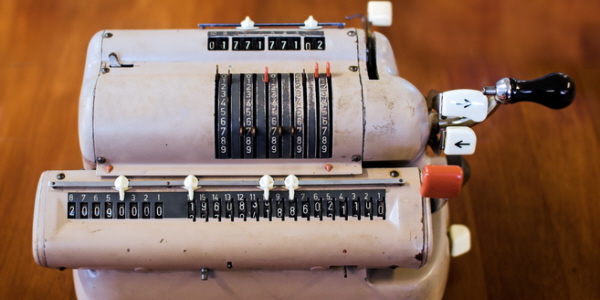It is with great pleasure that Ardent Partners announces the publication of its latest state of accounts payable (AP) research report—“ePayables 2015: Higher Ground.” Like the annual reports that came before it, the 2015 ePayables report focuses on the state of the AP function as well as assessing how AP teams leverage ePayables solutions to improve business results and offering up Best-in-Class metrics that allow readers to benchmark their own operations against top performers. (The report is available for download here, here, here, and here.)
Which AP Technologies Hold the Most Interest?
Business transformation is not a finite project; rather, it is an ongoing process of continuous growth and change that must permeate every aspect of a department. This has become readily apparent to many AP departments in recent years, which has caused these groups to look to the future for the next solution that can drive yet more efficiencies and provide additional cost savings to the wider enterprise. These AP teams may have already implemented the first stage of technology change—typically a scan, capture, and workflow solution—and are now on the search for the next stage of technological development in their AP process. (It is worth noting that scan, capture, and workflow solutions can be, and sometimes are, a technology endpoint. Whether an AP team jumps to another solution class is entirely up to organizational priorities.)
Just like the scan, capture, and workflow solution class took up the top three spots for AP technologies that were actually deployed across enterprises of all sizes, another class takes up the top three spots for technologies that hold the most interest among AP departments. These solutions fall under a class that Ardent Partners has termed electronic invoicing (eInvoicing) solutions. The technologies are:
- Supplier portals (51% plan to implement)—A supplier portal is, broadly defined, a web-based interface that allows suppliers to submit invoices, manage their own information, and interact directly with the buyer. A well-deployed supplier portal also allows the AP team to eliminate invoice-status calls because the supplier has visibility into where their invoice is in the process. Only 31% of enterprises currently use a supplier portal, but the high level of interest is an indicator that these organizations are looking to communicate more effectively with their suppliers.
- Complete Procure-to-Pay (P2P) Solution (51% plan to implement)—For a number of years, Ardent has advocated for looking at procurement and accounts payable as two halves of the same process flow. Procurement “procures” items and manages spend, while AP “pays” invoices and assists with cash management. A complete P2P solution (32% currently use one) allows for greater connectivity and collaboration between these two process halves, which can result in improved savings in both procurement and accounts payable.
- eInvoicing solution (49% plan to implement)—A full eInvoicing solution is, in many cases, one of the end-goals of the business process transformation project that begins with scan and capture tools. Full eInvoicing solutions have retained consistently high interest among AP departments because there is no data capture or entry involved on the buyer side. In some cases, the supplier enters the invoice data directly into a web form, which makes it easy to compare the eInvoice data against other electronic documents—contract, purchase order, goods received note, etc.—that are already in AP’s database. Pure-play eInvoicing solutions also allow for more straightforward touchless or “straight-through” invoice processing; given that there is no data capture/entry occurring, the invoice is able to be matched right away without verifying the entered data against the physical or PDF invoice. It is probably at least partially because of this process streamlining—which leads to cost savings—that 35% of enterprises currently use an eInvoicing solution.
Final Thoughts
All three of the above-mentioned technologies consistently hold high levels of interest among AP departments for one important reason: each of them helps streamline the AP process, resulting in increased cost and process savings across the entire workflow. The reason for the lower adoption numbers in these three technologies is that there is more impact on suppliers with an eInvoicing solution; the success or failure of a pure-play eInvoicing solution, including a business network or supplier portal, is contingent on how well suppliers are enabled—or even if they agree to use the solution in the first place. This directly contrasts with Scan, Capture, and Workflow solutions, which can be used with little to no supplier impact. Despite this reality, however, the three technologies mentioned above can work wonders for the AP team when properly implemented.
RELATED ARTICLES
ePayables 2015: How Can AP Reach the “Next Level” of Performance?
ePayables 2015: What Causes Invoice Exceptions?
ePayables 2015: The Three Most Common Accounts Payable Technologies
ePayables 2015: What is the Biggest ePayables Priority in 2015?
ePayables 2015: 3 Important Accounts Payable Goals for the Next Two Years
ePayables 2015: How Improved Exception Handling Can Drive AP Performance
ePayables 2015: Moving From the Tactical to the Strategic

